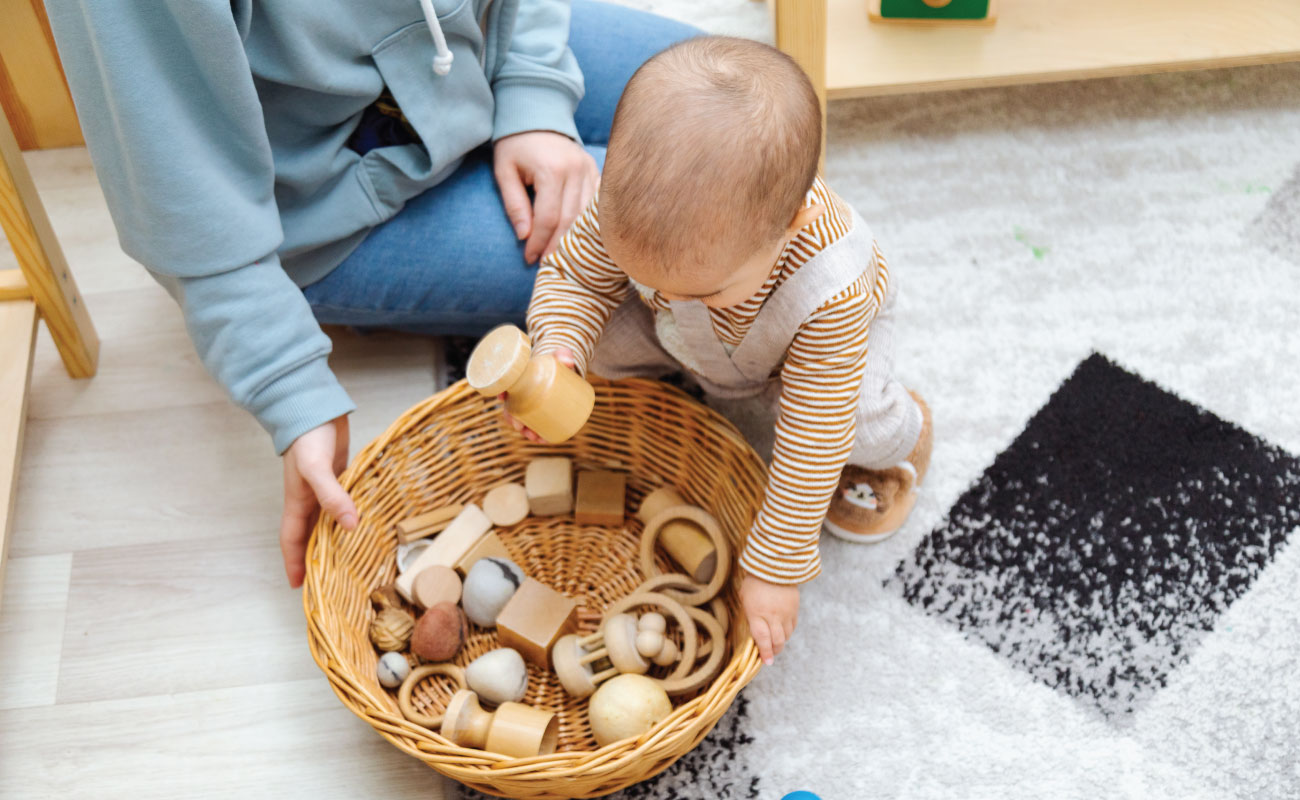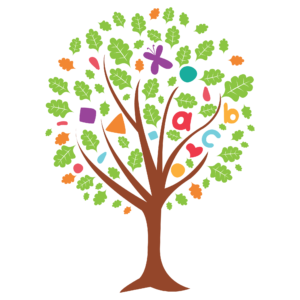The journey toward literacy begins long before a child enters a classroom. In fact, the foundation for strong literacy skills is laid in the early years of life. These crucial formative years are a period of exploration, discovery, and growth, during which children acquire the fundamental skills that will shape their future abilities to read, write, and communicate effectively. Let’s delve into the importance of early literacy skills and how parents and caregivers can support this critical development.
1. Language Acquisition
Language is the bedrock of literacy. During infancy and toddlerhood, children absorb the sounds, words, and sentence structures of their native tongue like sponges. Parents and caregivers play a pivotal role in this process by engaging in conversation, reading aloud, and exposing children to a rich and diverse vocabulary.

2. Phonemic Awareness
Phonemic awareness is the ability to recognize and manipulate individual sounds (phonemes) in words. Early exposure to rhymes, songs, and playful word games can foster phonemic awareness. This skill is foundational for learning to read.
3. Vocabulary Expansion
A robust vocabulary is essential for comprehension and effective communication. Reading books, discussing daily experiences, and exposing children to a variety of words and contexts help expand their vocabulary.
4. Print Awareness
Print awareness refers to understanding that print carries meaning and knowing how to handle books. Children benefit from being read to regularly and observing adults engage with written materials.
5. Letter Recognition
Recognizing letters is a pivotal step toward reading. Encouraging letter recognition through games, alphabet books, and labeling common items in the environment supports this skill.
6. Story Comprehension
Listening to stories and discussing their content helps children understand narrative structure, sequencing, and the concept of cause and effect. These skills are essential for reading comprehension.
7. Writing Skills
Early writing experiences, such as scribbling and drawing, lay the groundwork for later writing skills. Provide children with various writing tools and opportunities for self-expression through drawing and writing.
8. Phonics and Decoding
Phonics involves connecting sounds (phonemes) to the corresponding letters or letter combinations (graphemes). Learning phonics rules and decoding words are critical components of early reading development.
9. Fluency
Fluency is the ability to read text accurately and smoothly. Regular reading practice, both independently and with adult guidance, helps children develop fluency.
10. Love for Reading
Fostering a love for reading is perhaps the most powerful gift parents and caregivers can give. Reading together, visiting libraries, and letting children choose their books instill a lifelong appreciation for literature.
Parental and Caregiver Involvement
Parents and caregivers play an invaluable role in nurturing early literacy skills. Creating a literacy-rich environment, engaging in meaningful conversations, and reading together daily are some of the best ways to support a child’s literacy journey.
The foundation for literacy is laid in the early years, setting the stage for a child’s lifelong relationship with reading and writing. By recognizing the importance of these foundational skills and actively engaging in literacy-rich activities, parents and caregivers can empower children to become confident and skilled readers and writers. Early literacy is not just about preparing for school; it’s about unlocking the door to a world of knowledge, imagination, and endless possibilities.







